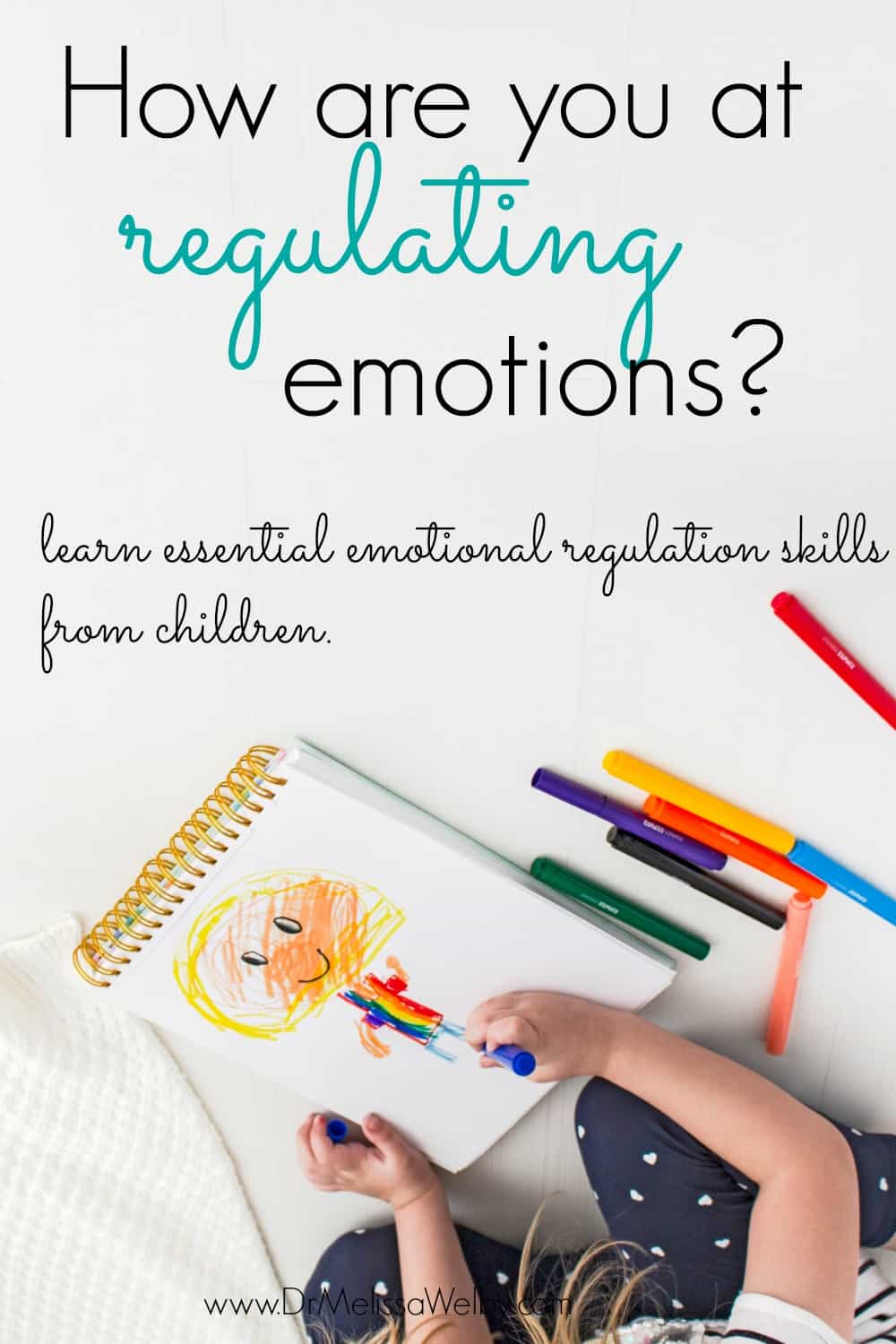Beyond handwashing, wearing a mask, and keeping a physical distance from others to minimize the risk of COVID19 infection, building resilience can help us manage the stress and carry us forward to the time when life eventually returns to “normal.” Anxiety about COVID19 can become all-encompassing and overwhelming without intentional efforts to balance our fears. Bonus: Increasing resiliency can be fun and doesn’t result in dry, cracked hands!
Category: Optimizing Mental Health: Self-help, Exercise, Wellness, and Resilience
Resilience During COVID 19: Managing the Stress of Coronavirus and Finding Inspiration in a Time of Crises
COVID 19 has brought with it an enormous amount of uncertainty, and our world seems to have changed overnight. Previously familiar parts of life now seem strange and even disorienting (like driving through downtown on a gorgeous Saturday and seeing stores shuttered and no people). Reports of tragedy and sickness surround us, and fear can take over if left unchecked. Managing the stress of coronavirus is made easier by finding inspiration and sources of hope which help us build resilience during COVID 19. When this is over, I wonder how long it will take for hugging friends and standing next to strangers to seem normal and devoid of thoughts about social distancing and virus transmission.
Is joy possible? Finding your purpose through active living
Do you believe joy is possible? Many people I work with feel they passively exist without joy. Depression, anxiety, trauma, etc. may initially cause this, but then it is perpetuated by a lack of engagement in life. People do better when they are actively living. In the last post, we talked about what is the meaning of life and finding your purpose in life. Today we will talk about ideas to get started increasing engagement and enjoyment even if you aren’t feeling well. Active living can kickstart positive feelings and bring in new clarity about life purpose and meaning.
Life in Search of Meaning: Finding Your Meaning and Purpose of Life
People that are suffering can sometimes lose sight of the meaning and purpose of life. At times, they begin to question the meaning of it all and the reasons why they would choose to continue to struggle. There is no one-size-fits-all answer to the meaning of life as it is up to the individual to decide. The good news is that there are endless amounts of individual missions, destinies, roles, and dreams that are possible. So what is the purpose of life?
10 Coping Strategies for Distress Tolerance
Because distress is so uncomfortable people understandably want to make it go away as soon as possible. At the moment of intense emotions, it feels like it may never end. Extreme emotions distort thinking and sometimes people make choices that cause more harm (self-injury, suicide attempt, telling off your boss, ending a relationship, etc…). These choices are an attempt at coping strategies and calming the distress, but ultimately they don’t support recovery. Learning distress tolerance skills to manage emotion in ways that aren’t harmful will help you remain on the path of recovery and mental wellness.
How are you at regulating emotions? Learn essential emotional regulation skills from children.
Kids can teach us many things if we let them: how to play and have fun, relax more, get dirty, avoid homework yet also persevere, be compassionate and open-minded, and how to improve our emotional regulation. Today we are blessed to have a guest post by Pediatrician, Dr. Alison Escalante, who is a leader helping parents to raise kids skillfully AND enjoy it at the same time. She incorporates emotion regulation into her work, both with parents and kids, and teaches people how to regulate emotions. This post is about how we can learn our emotional regulation skills from children. Regulating emotions can be exhausting at times and I’m grateful for her willingness to teach us more about what it is and how to do it.
Pulling weeds and psychotherapy: What do self-exploration, self-discovery, and gardening have in common?
As winter dredges on I find myself beginning to think about spring and the joys of planting a garden. Spring is one of my favorite times of the year, where life grows out of everything that appears dead. Buds pop from the clusters of sticks that are my hydrangea plants, and sprouts come out from the soil where bulbs have been waiting to give life. It’s a time full of hope, renewal, and opportunities for positive growth. Reflecting on the wonders of spring got me thinking about how psychotherapy works and the growth opportunities that emerge from both. The fresh start of spring parallels the opportunities for positive growth and self-exploration we have in our own lives: rejuvenation, inspiration, self-discovery, and beauty. The roots of psychotherapy are wrapped up in the basics of gardening.
Too good to be true? An effective goal setting process you can sustain even when motivation is lagging. Learn how!
It’s hard to sustain effort over time. Sometimes it’s easier to get started than it is to keep going. This happens all the time with New Year’s Resolutions…if you belong to a gym you are well aware of the crowds that come in January and how quickly it goes back to normal in the next month or two. People often spend all their energy gearing up to get started and forget to plan for how to keep going.
In the first 2 posts in this series, we covered the difference between dreams and goals (and why they are both essential) and learned how to set SMART goals. Now that you have dreams and a plan in place for how to meet them, ensure your success by learning from the past and using organizational tools (and people!) to help you stay organized and accountable. An effective goal setting process incorporates opportunities to reassess and refocus when needed.
Writing SMART Goals Makes Achieving Your Dreams Possible.
Without setting goals, we may never achieve what it is we dream. Dreams are an endpoint and don’t include the steps to take to get there. The goals we decide to work on take thought and planning to increase the chances for success. This is where SMART goal setting comes in. Writing SMART goals will increase your ability to translate thought into action and help you make the goals effective and realistic. Setting SMART goals is an effective way to start achieving your dreams.
Remember that dreams are the destination, not the journey. Goals are the process we take to get there.
Download your free SMART goals worksheet to follow along with this post.
Achieve Your Dreams! A Series on the Importance of Setting Goals
Goals are part of every aspect of life and achieving them comes down to priorities and proper planning. Without setting goals and objectives, life becomes a series of chaotic events that feel out of your control. This series will walk you through the why, what, how, and when of creating goals so that you have a better chance to meet them and achieve your dreams. Although both important, goals and dreams are not the same thing. The importance of setting goals becomes obvious when we think of how many dreams we have had that we have never acted on. Don’t let your dreams stay wishes!





















